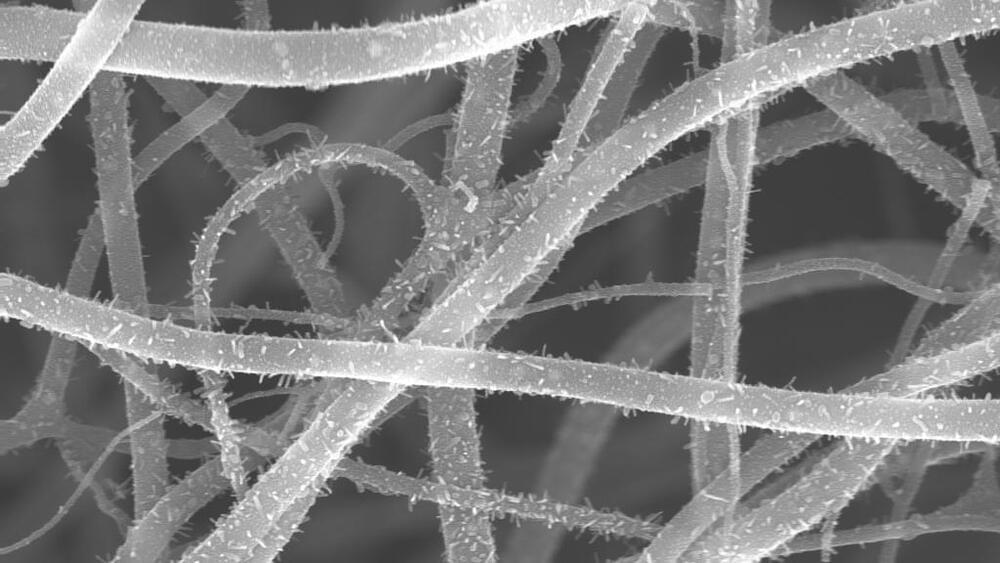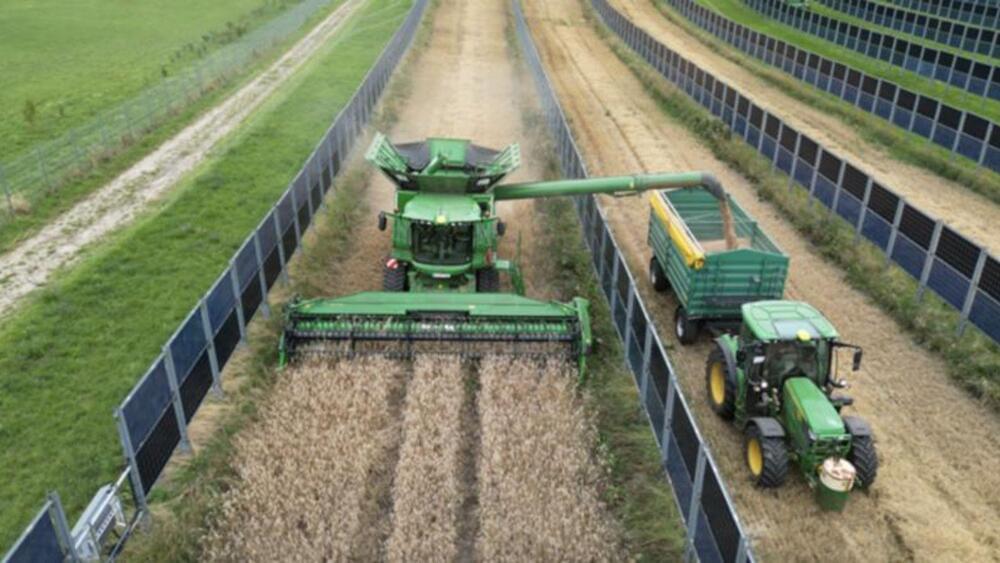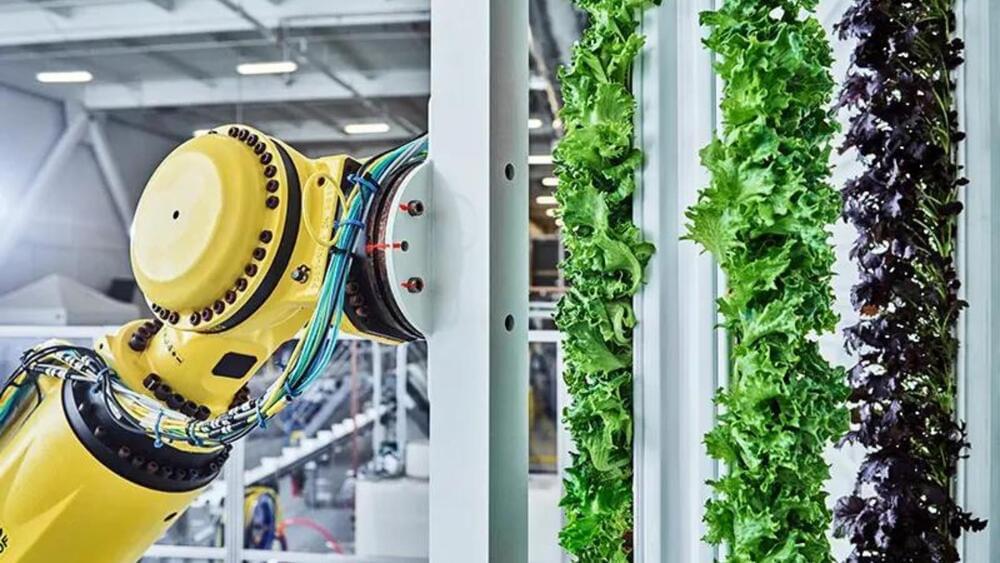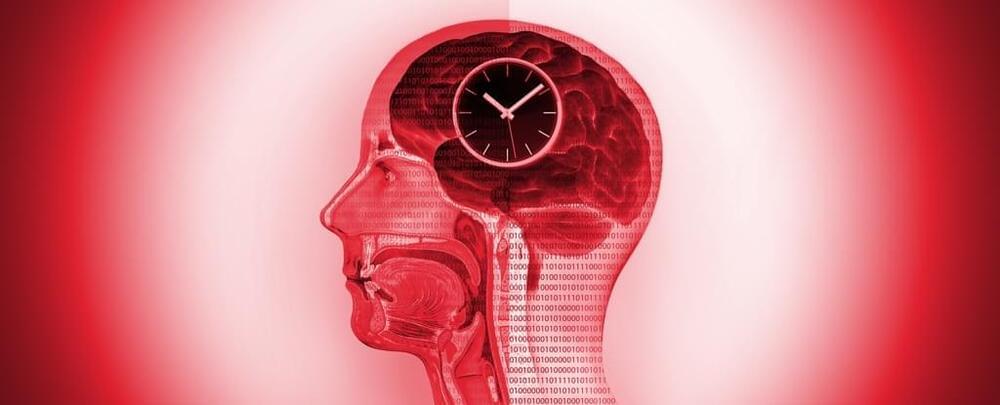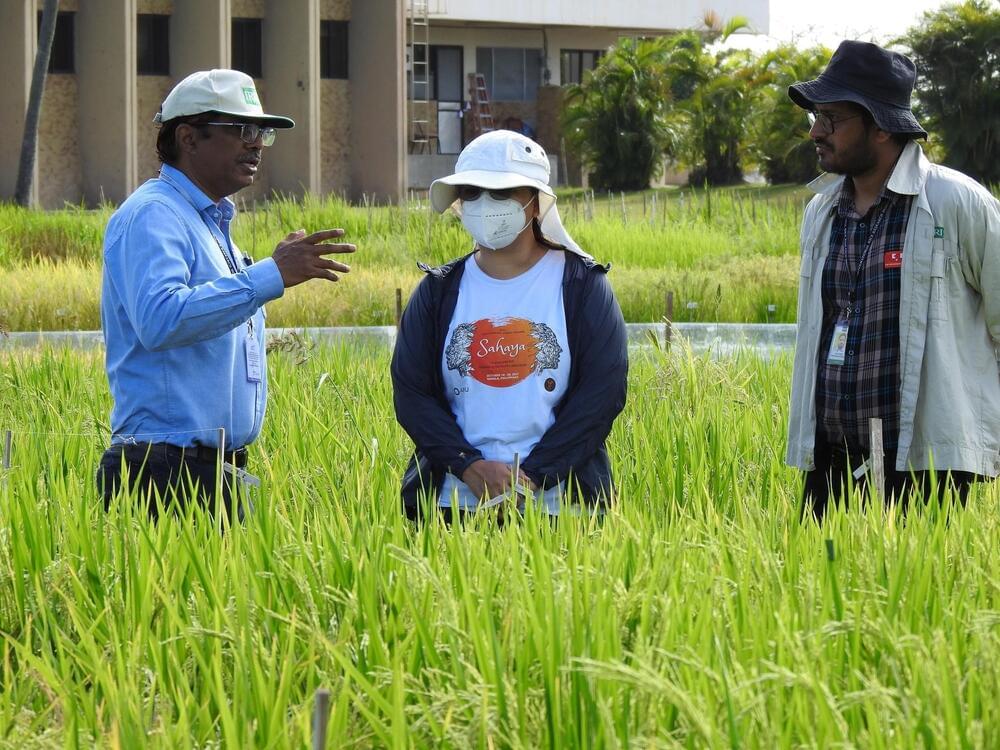Jan 8, 2024
Apple Flash: Our Smart Devices will Soon be Smarter
Posted by Natalie Chan in categories: food, health, robotics/AI
Our smart devices take voice commands from us, check our heartbeats, track our sleep, translate text, send us reminders, capture photos and movies, and let us talk to family and friends continents away.
Now imagine turbocharging those capabilities. Holding in-depth, natural language exchanges on academic or personal queries; running our vital signs through a global database to check on imminent health issues; packing massive databases to provide comprehensive real-time translation among two or more parties speaking different languages; and conversing with GPS software providing details on the best burgers, movies, hotels or people-watching spots trending along your route.
Tapping into the seductive power of large language models and natural language processing, we’ve witnessed tremendous progress in communications between us and technology that we increasingly rely on in our daily lives.


